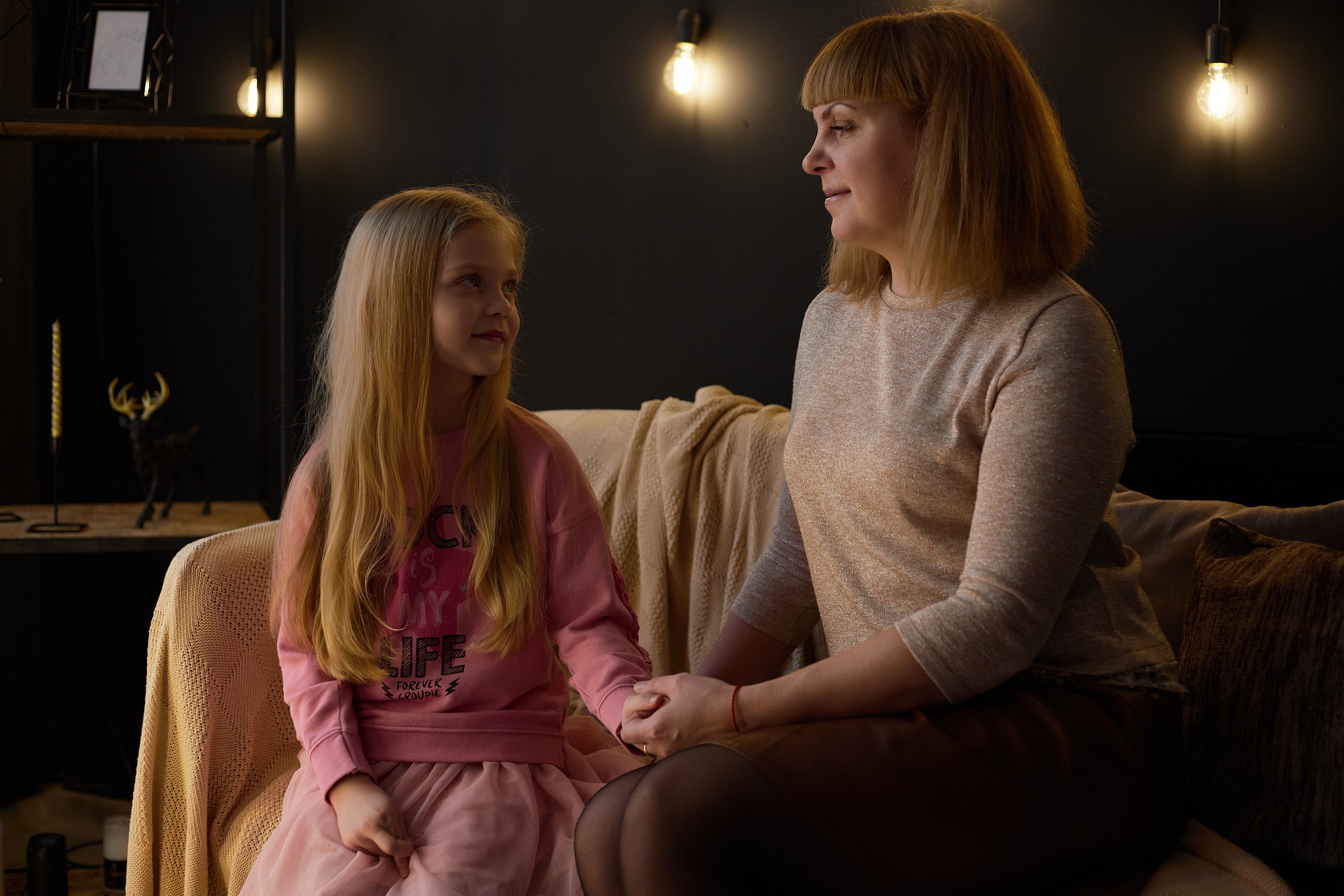Actively Listening to your Child
How often do you listen when you are having a conversation with your child? I mean actively listen to their concerns and what they are really trying to tell you?
As parents we’re often so busy, working, cooking dinner, cleaning the house, driving the car, just trying to get through the day, that we don’t actually sit down and really talk with and listen to our children.
It’s hard to be present and ‘in the moment’ with your child and listen to what they’re saying when you’re run off your feet and your brain is going at a million miles an hour.
But what if you could just stop.
… And listen.
If there is one thing that being in lockdown during the pandemic has taught many of us, it’s that it’s OK to stop. It’s beneficial to take stock of what is going on around us, and get our priorities in order.
So how do you actively listen to the information your child is trying to tell you? My advice is, to stop talking, and just listen. This doesn’t mean you can’t speak at all, it just means that when you do speak, be mindful to ask the right questions.
When your child says they need to talk, or expresses that they are upset about something, it’s a chance for you to provide an ear, not to necessarily provide advice, just hear them out and acknowledge what they are saying, or potentially not saying.
This is your opportunity to stop what you’re busy doing and be in the moment with your child, provide eye contact and give them your undivided attention. Acknowledge what they are saying and show interest in what they are telling you.
There is no need to necessarily jump in and talk at them and offer your pearls of wisdom. Now is the time to sit back, listen, and understand what they are telling you. Sound interested in what they are saying by using phrases like:
- “I hear what you’re saying.”
- “Can you tell me more about that?”
- “How does that make you feel?”
- “What do you think you should do about that?”
If you need to offer a response you can do so by providing constructive feedback in a neutral tone. Be supportive in your approach and acknowledge them by showing empathy and understanding.
At the end of the conversation you may need to reflect on what’s been said and summarise the key points of the discussion. This will help your child to know that you are really listening to them and you are there for them. Not to tell them what to do, but to hear what they have to say. A warm hug and a kind smile can also go a really long way.
Please note, if your child is expressing some real concern around self-harm or harm to others it is best to seek professional advice or call Lifeline on 13 11 14 or a similar agency for support and guidance. In an emergency please dial 000.
SASI Guest Parent Blogger
Image courtesy of pixabay.com









